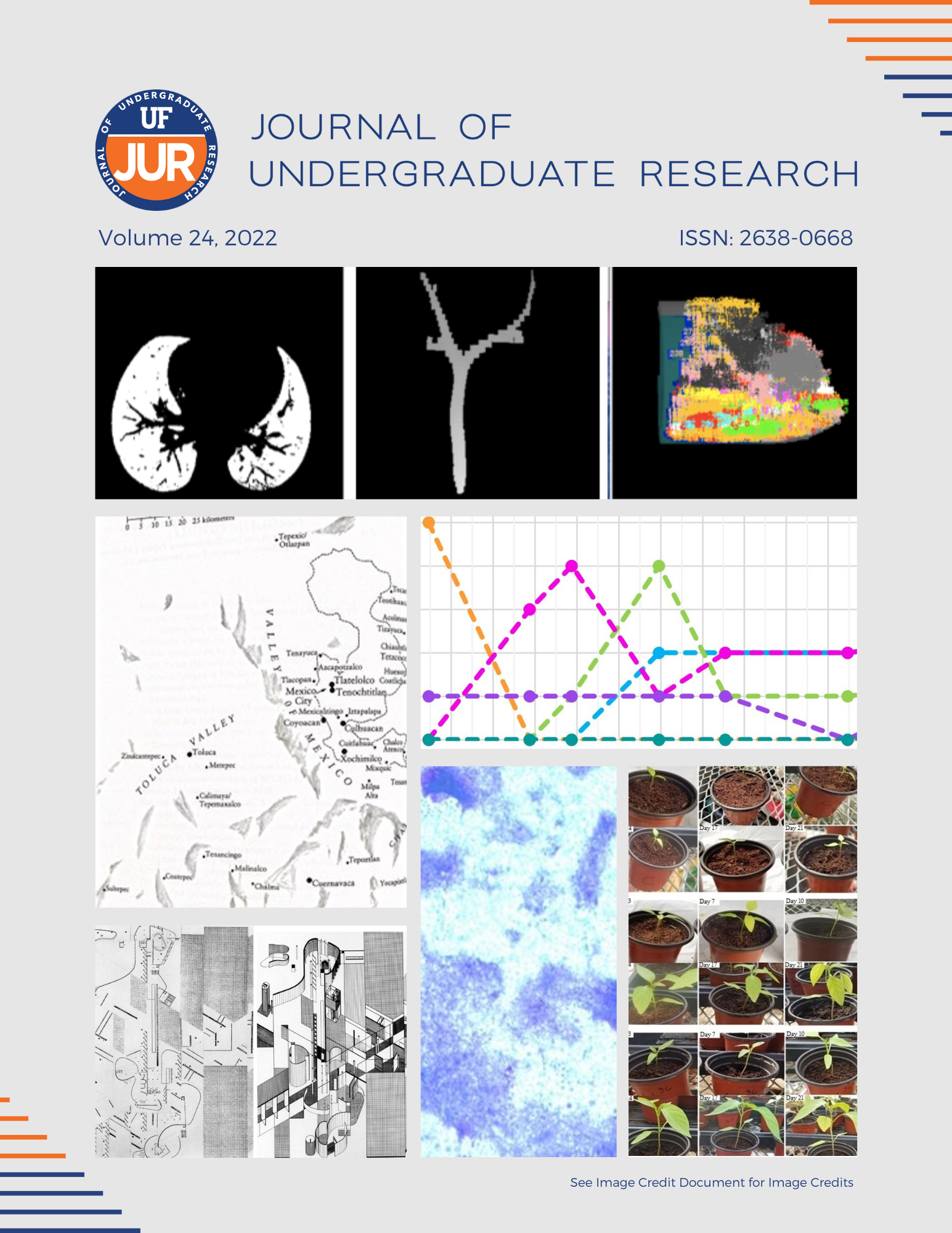Predicting the future of mental health: (how) will in utero COVID-19 infection influence psychiatric illness in future generations?
DOI:
https://doi.org/10.32473/ufjur.24.130795Keywords:
covid-19, in utero infection, psychiatric disorder, obstetric complicationsAbstract
Objectives: There is limited research on the potential future psychiatric effects of in utero COVID-19 infection. There is evidence that COVID-19 infection can lead to obstetric complications and adverse neonatal outcomes. Obstetric complications and neurodevelopmental insults such as viral infections have been implicated in the development of some mental disorders including schizophrenia (SZ). The aim was to address the possible mechanisms and influences related to in utero infection that could increase the risk of mental illness in the future.
Methods: Searches were conducted in the databases PubMed, Embase, and PsycINFO for studies involving COVID-19 infection and pregnancy, obstetric complications, and psychiatric complications. Additionally, any external information outside of these search terms was sourced from these databases.
Results: Several studies found evidence of significantly higher incidences of preterm delivery and cesarean section associated with maternal COVID-19 infection. Other noted adverse birth outcomes included fetal distress, stillbirth, low birth weight, neonatal asphyxia, and pre-eclampsia. These birth outcomes tend to occur in the third trimester, a crucial period for neurodevelopment. Additionally, there have been occurrences of vertical transmission of COVID-19.
Conclusion: It is plausible that in utero COVID-19 infection could increase the risk of mental illness development in the offspring. The observed implications of COVID-19 along with known neurodevelopmental complications of in utero infection provide multiple processes that could impact the mental health of the offspring in the future. This increased risk could arise from neonatal outcomes associated with COVID-19 infection, the consequences of maternal infection on the fetus, or direct viral infection of the fetus and fetal brain. Due to its novel nature, more evidence is needed to determine the exact prevalence of adverse obstetric outcomes, vertical transmission, effects on neurodevelopment, and development of mental illness due to SARS-CoV-19.
Metrics
Downloads
Published
Issue
Section
License
Copyright (c) 2022 Mia Johnson, Jacqueline Hobbs

This work is licensed under a Creative Commons Attribution-NonCommercial 4.0 International License.
Some journals stipulate that submitted articles cannot be under consideration for publication or published in another journal. The student-author and mentor have the option of determining which journal the paper will be submitted to first. UF JUR accepts papers that have been published in other journals or might be published in the future. It is the responsibility of the student-author and mentor to determine whether another journal will accept a paper that has been published in UF JUR.

